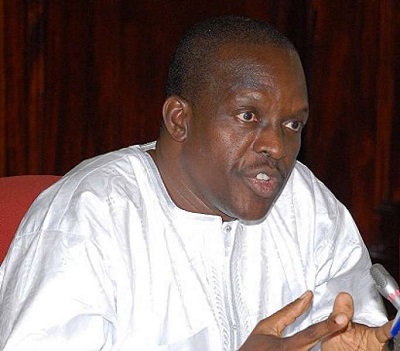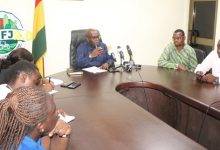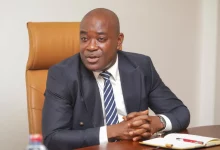
The arrears outstanding in the disbursement of the District Assembly Common Fund (DACF) became a bone of contention on the floor of Parliament yesterday when deputy Minister for Finance, Anna Osei-Asare disputed an amount of GH¢142 million put out as outstanding balance for third Quarter of 2018.
According to the Deputy Minister, the money had been disbursed to the assemblies together with that of all the three quarters of 2019.
However, the Member of Parliament for Ho Central, Benjamin Kpodo, insisted that the assertion by the minister could not be true since at committee level the matter of 2018 arrears had become an issue.
In an effort to calm matters since the leadership of the Minority waded into the argument and supported their member, the Second Deputy Speaker, Alban Bagbin, ruled that the matter be subjected to further Parliamentary interrogation to establish the truth.
Mr Kpodo was again not enthused about the delay in disbursing the DACF since the law stipulated that its disbursement be done quarterly.
He also raised the issue of how the government was depriving local governance of the needed funds since the Finance Ministry has resorted to holding certain revenues of government before computing the 5 per cent of the DACF as required by the law.
Mr Kpodo argued that the action of government under such circumstances ensured that the total amount accruing from total revenue generation was reduced.
He made particular reference to cocoa revenue which was captured as zero in the budget statement, meaning that the revenue from the cocoa sector was excluded in the total revenue generation.
However, that assertion drew a sharp rebuttal from the Majority who argued that a zero represent a figure, therefore, he should not argue as if nothing represent the cocoa sector amidst laughter on the floor.
Augustine Ntim, MP for Offinso North argued strongly that the 2020 Budget Statement was targeted at accelerating development at the grassroots level with many pro-poor interventions.
He said the interventions which were mostly under agriculture sought to bring on board exclusive community development in all facets of the economy.
BY LAWRENCE MARKWEI



